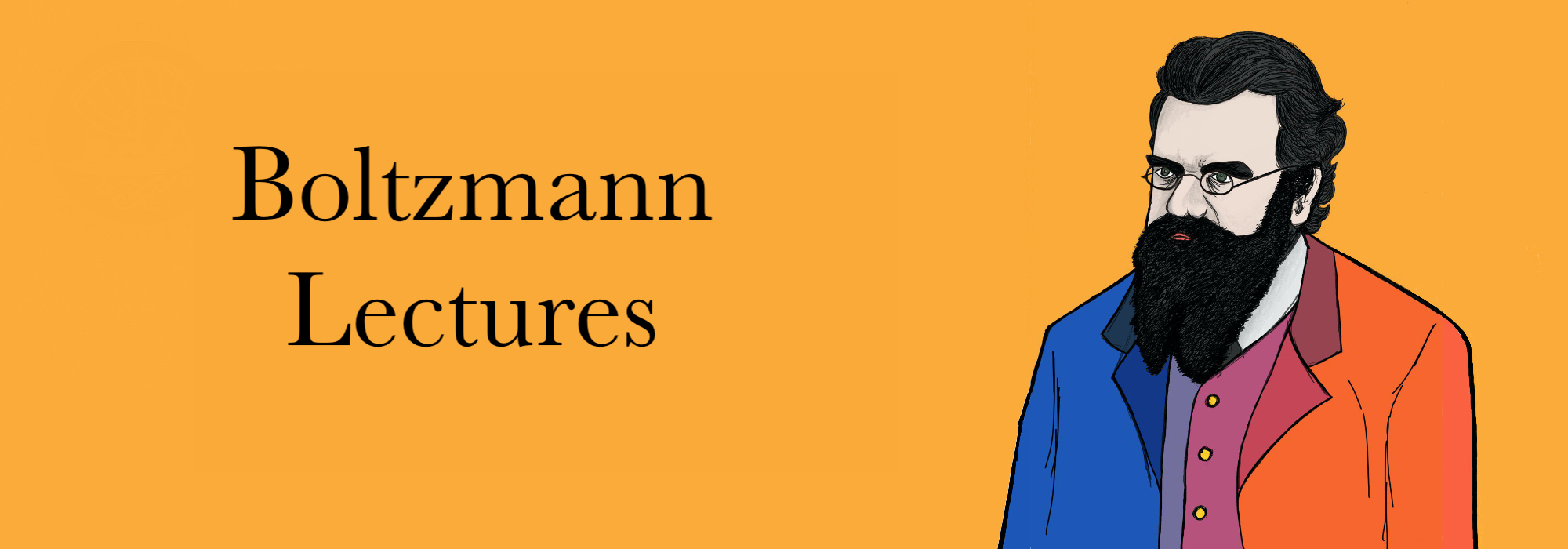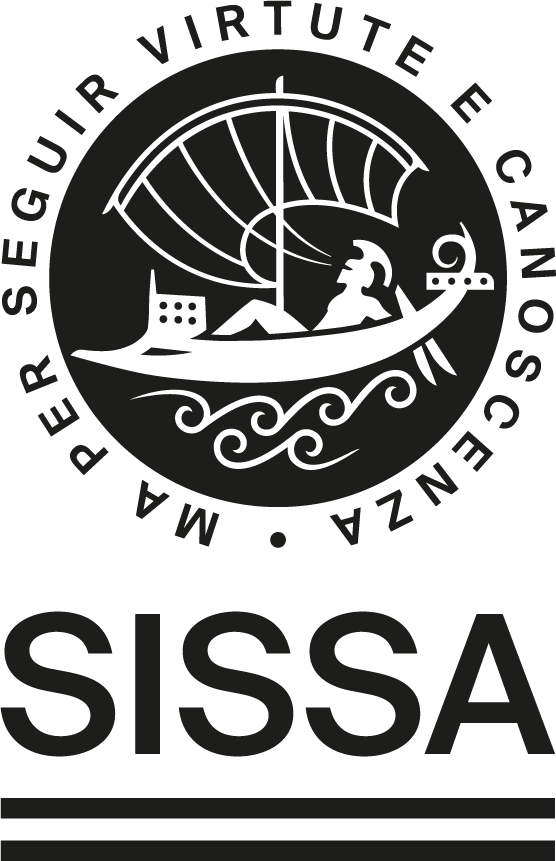
Ludwig Eduard Boltzmann, born in Wien on 20 February 1844, is considered the founding father of statistical physics. He developed the probabilistic laws that explain the physical properties of matter and the concepts of entropy and irreversibility.
The Boltzmann lectures are organized by the group of Statistical Physics at SISSA. Each year a distinguished guest is invited to give a talk to commemorate and celebrate the Austrain physicist on the occasion of his birthday.

